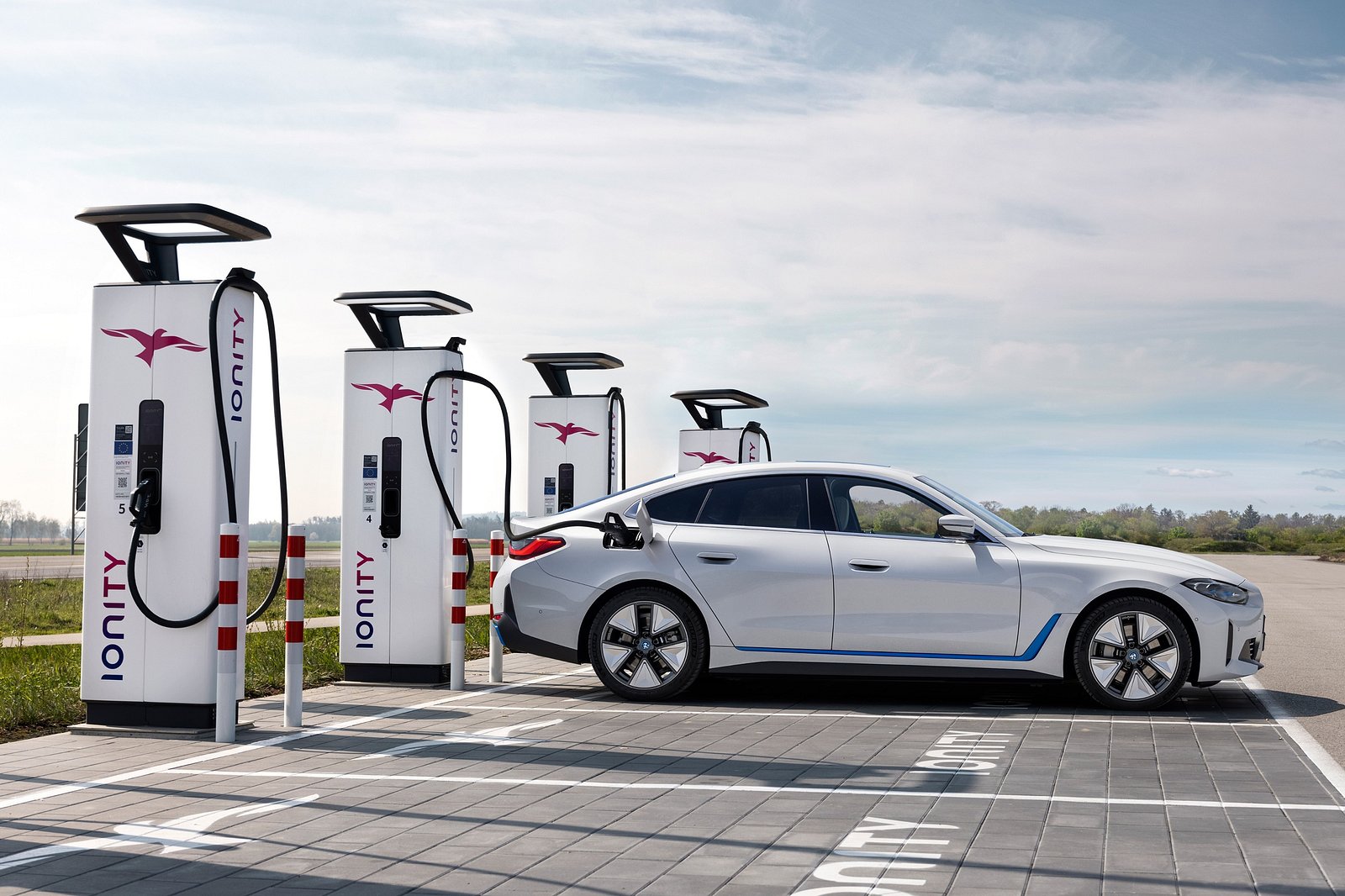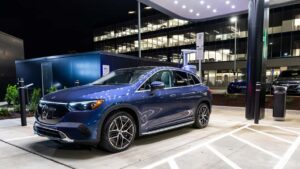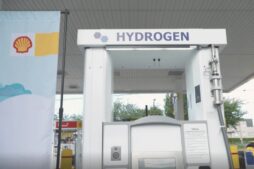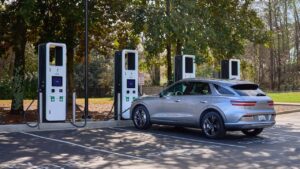Government provides funding for dependable EV chargers in extensive network.
The latest development from the Biden-Harris Administration outlined plans to allocate an extra $623 million in funds towards creating a comprehensive electric vehicle (EV) charging infrastructure throughout the nation. This initiative will greatly improve accessibility for Chevrolet Bolt EV drivers who will now have more convenient options for charging their vehicles.
In a move towards their objective of establishing an inexpensive, dependable, and accessible system of chargers, the government has infused a fresh round of funding. This initiative aims to boost the popularity of electric cars and elevate the experiences of present EV users. The nationwide network’s implementation is expected to provide employment opportunities for American citizens, with plans to set up around 7,500 charging outlets in 22 states as well as Puerto Rico.
According to US Transportation Secretary Pete Buttigieg, “America was at the forefront of the automotive era, and now we have an opportunity to take the lead in the EV revolution, ensuring jobs, savings, and advantages for Americans along the way.”
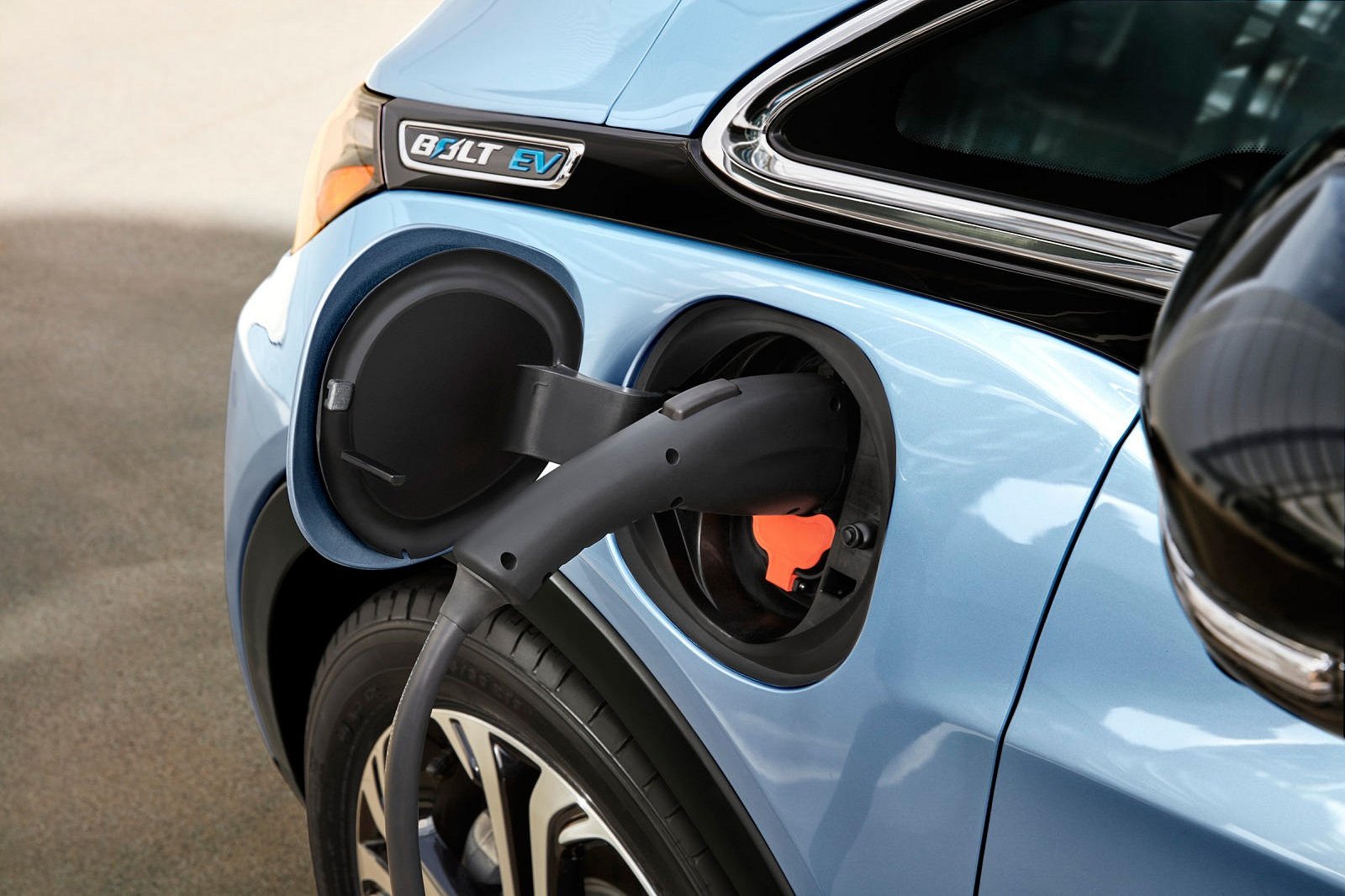


According to the speaker, this financial support will guarantee the accessibility, dependability, and convenience of EV chargers for American drivers, while simultaneously generating employment opportunities in charger production, installation, and upkeep for American laborers.
The Federal Highway Administration has announced that a total of $311 million will be reserved for 36 designated “community” initiatives, with two Indian Tribes in Alaska and Arizona being among the beneficiaries. These funds will be utilized to install electric vehicle chargers and hydrogen fueling stations in both urban and rural areas. Additionally, the remaining $312 million will be allocated to 11 “corridor” recipients, whose projects are situated along designated “Alternative Fuel Corridors.” This will help bridge any gaps in the existing network.
The North Central Texas Council of Governments has been granted a significant amount of $70 million to construct five hydrogen stations in various locations, specifically for medium and heavy-duty trucks. This initiative will result in the establishment of a “hydrogen corridor” spanning from Texas to southern California. Additionally, the New Jersey Department of Environmental Protection has been allocated $10 million to develop electric vehicle chargers for individuals residing in “multi-family housing in disadvantaged communities and rural areas.”



One of the barriers to owning an electric vehicle is the insufficient availability of charging infrastructure for individuals living in non-traditional housing situations. This issue compounds with other factors such as high purchase costs.
The Maryland Clean Energy Center, County of Contra Costa in California, and Energy Northwest in Washington State have been awarded $15 million each for their individual projects. As stated by the Maryland Governor Larry Hogan, “Maryland will construct 87 charging stations in urban, suburban, and low- and moderate-income communities throughout the state.”
According to the official residence and workplace of the President of the United States, the sales of electric cars in the country have increased four times since President Biden took office, resulting in over four million EVs being driven on American roads. Despite this positive trend, numerous dealers argue that selling these vehicles poses difficulties and that the demand for them is decreasing. In addition, there has been a noteworthy growth of around 70% in the number of available public charging stations.
Thanks to the Bipartisan Infrastructure Law’s $2.5 billion Charging and Fueling Infrastructure Discretionary Grant Program, new grants have become available. This program has made it possible for the latest grants to be awarded.
